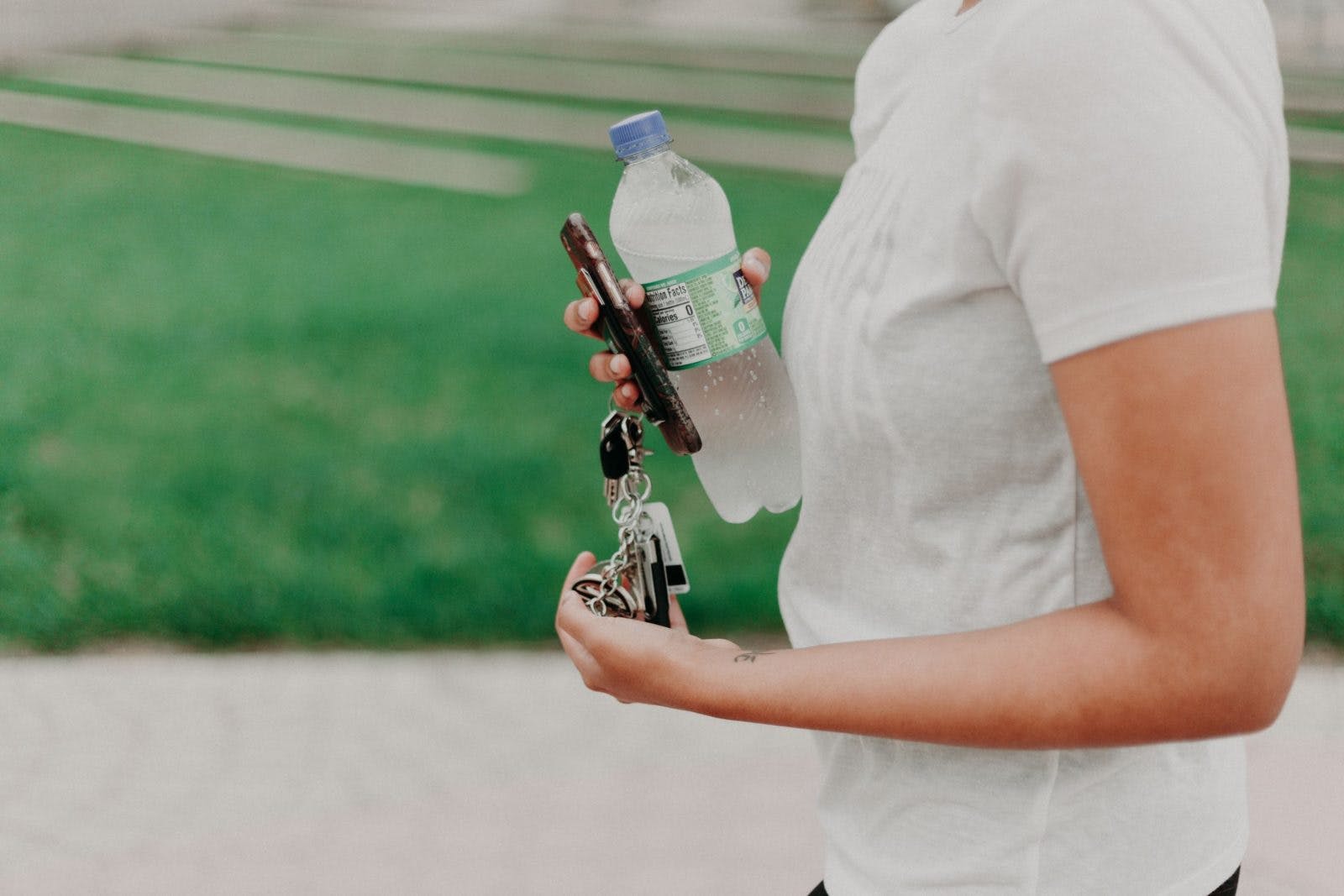Between extremely hot weather a bit earlier this month and smoke-filled air in the city during the second half, it’s hard not to think that the effects of climate change are being realized even more rapidly than predicted. That’s a big question that I don’t want to presume to know the scientific answer to, but I can provide some space in the blog on some practical advice to deal with these issues. For most of us we can take some common-sense approaches that will help us, but let’s remember that there are others who may need our help, or at least a bit more attention to their well-being. I’m speaking of course about seniors and children.
Let me go first to some tips for dealing with extreme heat. It’s important to take some precautions so you don’t get over-exposed, dehydrated, or worse, faint-headed. I’ve garnered a list of tips from various reliable sources on some of the things you can do to protect yourself, your family and your pets extreme heat.
The Red Cross advises people to take the following steps when it’s extremely hot outside:
- Never leave children or pets in your vehicle. The temperature inside can quickly reach over 30 degrees Celsius which is dangerous.
- Keep hydrated. Drink lots of fluids – water is recommended – but avoid caffeine and alcohol.
- Be careful when entering or leaving air-conditioned buildings; wear a sweater of jacket inside if it is extremely cool in contrast to outside.
- Wear loose fitting, lightweight clothing outside in the extreme hit. Light colors are better. Dark colors absorb the sun’s rays.
- Don’t rush. Slow down and don’t engage in strenuous work in excessive heat. Also avoid vigorous games in the heat.
- If working in the heat, use a buddy system and take frequent breaks.
- Check on your friends and neighbors, especially if they don’t have air conditioning.
- Check on your pets frequently, Keep them in shady or cool places, and make sure they have plenty of cool water.
If you don’t have air conditioning, try public places that may offer cool surroundings like libraries theatres and malls.
Now some tips for coping with poor air quality. This is very important for anyone who may suffer from conditions such as asthma, diabetes or heart problems. It is also important for pregnant women, infants, and young children as well as the elderly to take extra precautions with wildfire smoke in the air. B.C.’s Coastal Health has some good tips which I will summarize for you here:
- Try to reduce your physical activity. When you breathe hard you inhale more smoke.
- Find a cool place and drink plenty of water, just as you would for extreme heat.
- If you or someone you care for suffers from asthma or other breathing difficulties, be sure you have appropriate medications on hand.
- Put off outdoor activities that you don’t need to attend or participate in.
- Take advantage of air-conditioned areas like malls, libraries and community centres.
- There are portable air cleaners that use HEPA filters. These are especially good at removing smoke from indoor air spaces.
- Keep your windows and doors closed if possible. If a breeze is needed on a very hot day, try to limit the amount of time your window is open so you don’t let in too much smoke filled air.
- Finally, Coastal Health advises you to check the Air Quality Index (AQI) regularly. You can use it to determine which actions you should undertake under different air conditions. There is also an Air Quality Health Index (AQHI) Canada app that will notify you when air quality changes.
As always, stay safe and please enjoy the rest of your summer!
Thanks for reading!
Sibo Zhang, REALTOR®


